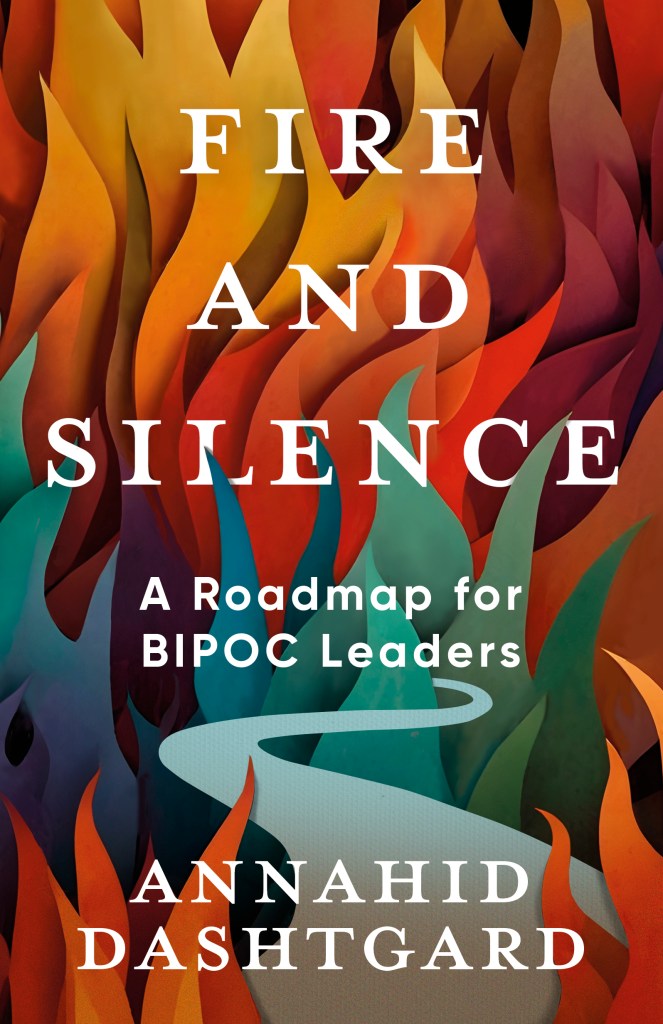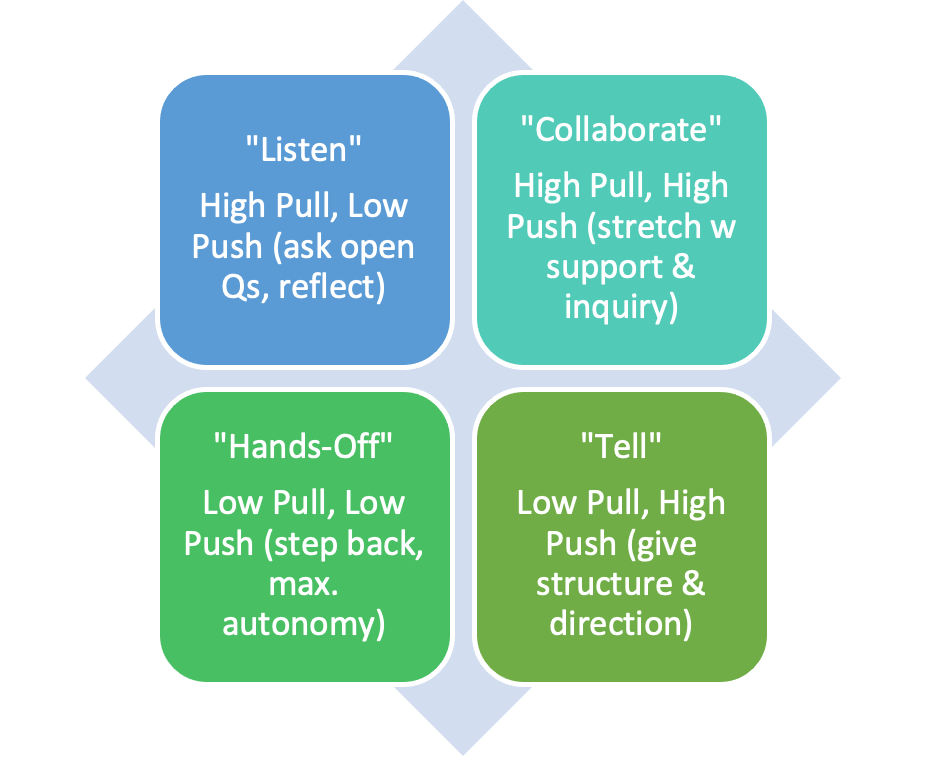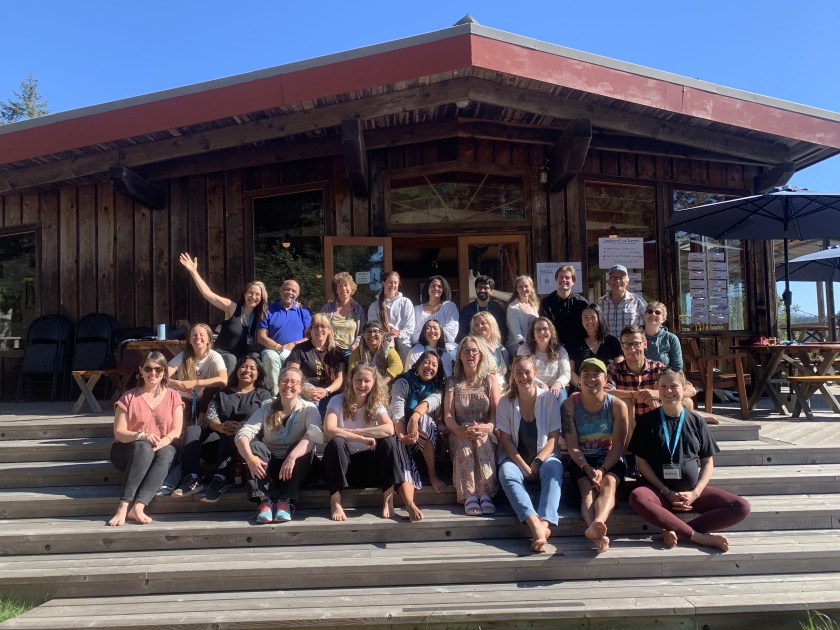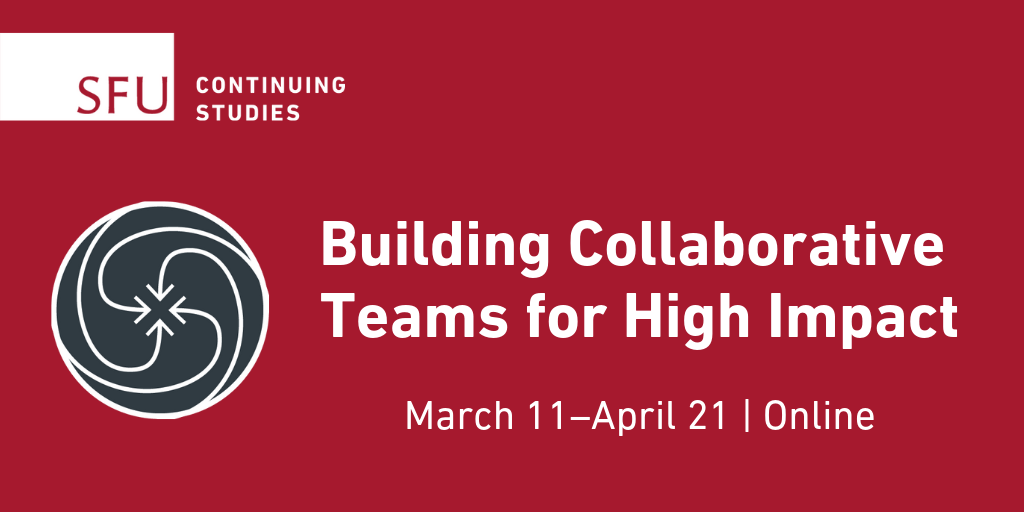“If you were to step into the full power of your life’s purpose – what might be possible? What might be possible for the people you follow? For the people you lead? For the people you serve and collaborate with?”
If you feel called to wrestle with some of those questions, then this might be the right time for you to apply to the Art of Leadership at Hollyhock, running from August 21-26, 2026.
I remember wrestling with those questions myself when I experienced the Art of Leadership for the first time back in 2000. Veteran trainer Robert Gass had just started leading this signature program at Hollyhock on Cortes Island, while at the same time co-founding the Rockwood Leadership Institute to deliver it across the United States. I was a single mother then, co-parenting my 3-year-old son, and struggling to keep up with the rapidly growing national social enterprise I’d co-founded just two years earlier.
I barely had time to sleep in those days – much less to reflect on these kinds of questions. But carving out the space to step out of the fire-hose-pace of my life for those 5 days, amid cool green forests on the edge of the Pacific Ocean, changed my life forever.
Since then, nearly 10,000 people from around the world, including premiers, mayors, nonprofit executives, public servants, and mission-driven entrepreneurs, have taken the Art of Leadership. My colleague Michael Bell and I, both Rockwood trainers, have supported hundreds of them. And 2026 marks the fifth year we’ll be co-facilitating the Art of Leadership at Hollyhock, after Robert passed the baton for this specific training to us in 2022.
In a time of growing polarization and unprecedented levels of social and environmental disruption, we believe this kind of equity-embedded, collaborative leadership training is more essential than ever.
Over the course of 5.5 days, in one of the most beautiful places on earth, participants dive into inner and outer capacities needed to lead with greater clarity, courage, and collective impact.
“I’m a BIPOC woman working to address the climate crisis within a large institution. The Art of Leadership provided me the connection, self-reflection and tools to address burnout in myself and my team, and foundational strategies to continue the collective hard work we need to do.”
— Participant, 2023
This year’s program runs August 21–26, 2026. Our multiracial leadership team and participant cohort represents a wide range of backgrounds and experiences. Leaders join us from government, nonprofit, business, philanthropy, and social change sectors, creating a rich learning environment where different viewpoints strengthen our collective wisdom.
“The Art of Leadership program helped me build a strong foundation as an elected official. Suzanne and Michael supported me in exploring my vision, understanding my why, and identifying the inner triggers that can become barriers along the way. I wholeheartedly recommend this program to anyone who is seeking to lead with intention and integrity.”
— Jenny Tan, Councillor, City of Maple Ridge, 2024
The training blends rich group dialogue, individual reflection, and immediately applicable tools for connecting to purpose, honing interpersonal skills, strengthening resourcefulness in moments of stress, and clarifying strategies for sustaining your energy for a lifetime.
Participants also receive a confidential 360-degree feedback process from peers, supervisors, and direct reports. This is an essential part of the program, and serves as a powerful mirror to guide your leadership growth.
“Sometimes you have to slow down to speed up. The Art of Leadership gave me the space I needed to pause – to recharge, to reflect, to evolve. It was a great privilege and honour to learn alongside other passionate and dedicated change makers and leaders. I would not hesitate to encourage and recommend that you invest in yourself as a leader through this programme.”
— Participant, 2025
Rooted in decades of practice, The Art of Leadership offers a rare space to reflect, reconnect, and return to your work with more clarity, confidence, and ease. If you’re looking for a reset — time to reflect, learn, and recharge alongside fellow change-makers —consider applying to join us.
Learn more or apply here.
Early bird: Book now and get 10% off accommodation prices. Offer valid until May 22, 2026.
Feel free to share with someone you think would benefit — it tends to fill early. Some scholarships are available, with priority for BIPOC leaders —please inquire when you apply.












 How do you build a collaborative team that can work across difference, adapt to change and unleash their creative potential? I’m thrilled to be teaching “Building Collaborative Teams” as part of Simon Fraser University’s Executive Leadership program, part of Continuing Studies. In addition to the face-to-face offering each Fall, we’re now offering it as an online course starting March 11, 2019, and running for six weeks. Learn with other senior leaders from diverse sectors and organizations. There are still a few spaces left! Register soon to save your spot:
How do you build a collaborative team that can work across difference, adapt to change and unleash their creative potential? I’m thrilled to be teaching “Building Collaborative Teams” as part of Simon Fraser University’s Executive Leadership program, part of Continuing Studies. In addition to the face-to-face offering each Fall, we’re now offering it as an online course starting March 11, 2019, and running for six weeks. Learn with other senior leaders from diverse sectors and organizations. There are still a few spaces left! Register soon to save your spot: